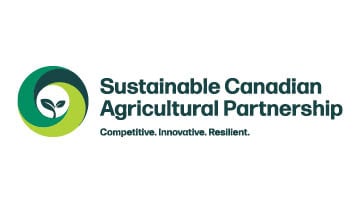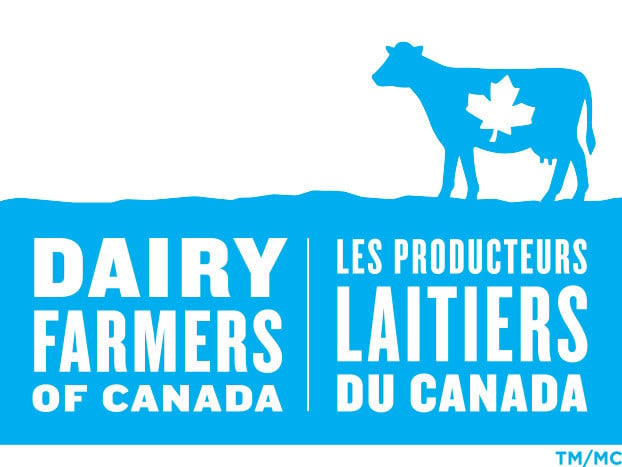Improving the environmental impact of dairy production through dairy-beef
Ongoing

Project Overview
The Government of Canada and Dairy Farmers of Canada have set a net-zero greenhouse gas emissions goal by 2050. Changes in best management practices are required to reach this target. Integrating dairy-beef within the Canadian dairy industry will result in calves that are sent into beef managed systems that require less days on feed and are more efficient than pure dairy bred calves managed in the same way. In theory, this would result in decreased enteric methane production and intensity, along with the co-benefits of decreasing manure emissions, water usage, land use, feed requirements, etc. and their associated GHG emissions.
The overall objective of this project is to assess the environmental benefit of incorporating dairy-beef through crossbreeding into dairy farm management. This research aims at offering strategies to reduce the environmental footprint of dairy production while increasing profitability.
What Will the Research Team Do?
The research team will (i) conduct a trial with different feeding treatments to assess the environmental impact on Holstein Steer and Holstein Beef Steer calves; (ii) conduct a metabolism trial with four treatments, four time periods and 8 Holstein Beef heifers to assess rumen fermentation/microbiota, methane emissions, and nutrient digestibility; (iii) analyze fecal and urine samples through a chamber study to investigate differences in GHG emissions due to feed additives; and (iv) Estimate the greenhouse gas emissions from each breed type and dietary treatment using a farm-scale model developed by AAFC (the Holos Research Model version 4.0).
The objectives of this project are to:
- Examine feed intake, feeding behavior, growth performance and enteric methane production of Holstein steers and Holstein beef steers on two different feeding management strategies;
- Examine the effect of a dietary feed additive on the rumen fermentation, rumen microbiota, methane emissions, and nutrient digestibility of Holstein x beef heifers;
- Investigate the difference in greenhouse gas (GHG) emissions from manure from dairy-beef heifers fed or not fed a feed additive; and,
- Model the environmental impact of raising dairy-beef compared to dairy animals within the feedlot.
Principal Investigators
Stephanie Terry
Agriculture and Agri-Food Canada (Lethbridge)
Greg Penner
University of Saskatchewan
Co-Investigators
Tim McAllister
Agriculture and Agri-Food Canada (Lethbridge)
Karen Schwartzkopf-Genswein
Agriculture and Agri-Food Canada (Lethbridge)
Kim Ominski
University of Manitoba
Key Words
- Dairy-beef, calves, greenhouse gas, feed additive
Period: 2023-2028
Budget: $447,415
Last Updated: June 17, 2024
Note: As per the research agreement, aside from providing financial support, the funders have no decision-making role in the conduct of the studies, data collection, and analysis or interpretation of the data. Researchers are independent in conducting their studies, own their data, and report the outcomes regardless of the results. The decision to publish the results rests entirely with the researchers.

